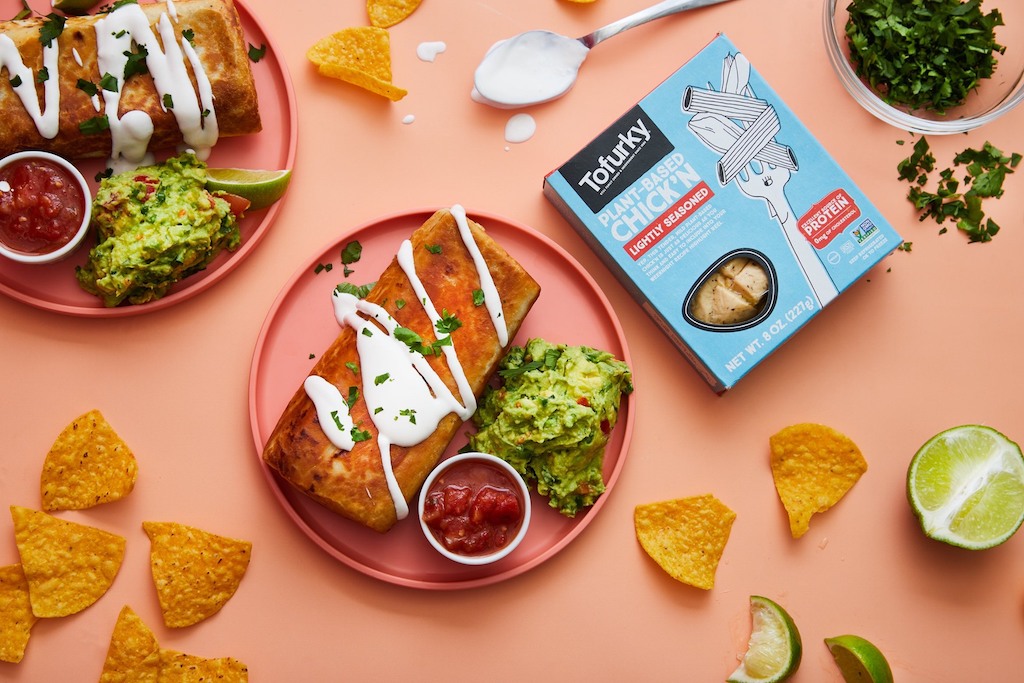Tofurky and the Plant Based Foods Association Challenge Cofusing Oklahoma Labelling Law for Vegan Food
3 Mins Read
The Animal Legal Defense Fund has filed a complaint against an Oklahoma labelling law. The move has been made on behalf of Tofurky and the Plant Based Foods Association. Citing “consumer confusion” the U.S. has seen a number of labelling laws trying to come into effect. Opposition from plant-based companies has been strong and, sometimes, successful.
Oklahoma passed the Meat Consumers Protection Act in 2020. The Cattlemen’s Association celebrated the move but inadvertently highlighted bias. One of the legislators that sponsored the act was given the association’s highest award in the same year. The act doesn’t prohibit the use of any words outright but requires full disclosure of vegan or vegetarian status. Declarations are to be as large as product names. This would result in necessary rebranding or state-specific branding. Both would be cost-prohibitive, especially for smaller companies.

Loud voices
In an attempt to shut down the Meat Consumers Protection Act, plant-based manufacturer Upton’s Naturals launched a challenge. Using the First Amendment as grounds for dismissal, the group’s request for an injunction was denied. Vegan meat brand Tofurky, along with the Animal Legal Defense Fund, have now picked the challenge back up, with a new focus. The law is being called unconstitutional due to being vague and in contradiction with federal laws. It is also being cited as a burden to interstate commerce.
Tofurky is leveraging its position as a plant-based veteran. Unafraid to raise legal challenges to restrictive labelling agendas, the company has seen the industry and reactions to it changing.
“I think a lot of the confidence to take the fight on comes from being in the business for a long time,” Athos said to The Spoon. “We can see the absurdity of being told that we have to change the names of our products, which people have eaten millions and millions of iterations of without any confusion or complaint for decades now. I think it does put us in a different frame of mind than a newer company would have.”
Planning for success
Tofurky and the Animal Legal Defense Fund have been successful in joint endeavours already. In 2020, Tofurky was granted an injunction in Arkansas. The move grounded attempts to enforce a state labelling law.
But Oklahoma could be a tougher battle, given that it has taken a disclosure approach rather than seeking a blanket ban. “Legislators may see that these bans on speech are uphill battles, and stop pursuing them because of the burden to show a government interest,” said Amanda Howell, senior staff attorney at the Defense Fund. “And if that happens, the next wave of these laws might be disclosure laws like Oklahoma’s, which would create a patchwork.”
In a bid to prevent future time and resource-heavy challenges, the industry’s lobby group, The Plant Based Foods Association, is taking collective action. It is seeking to prevent laws from ever being passed or brought to the table in the first place. Legislators are being strongly urged not to support unconstitutional acts that have free speech implications. If Tofurky can win its case in Oklahoma it will send a message that challenging disclosure acts is worth it. Individual states could also be deterred from wasting money defending them.

A modern problem
Plant-based labelling laws have become more prevalent alongside the popularity of meat-free eating. Reactionary and potentially uncompetitive, they seek to maintain a stranglehold on commerce for conventional retailers. The alternative sector is fighting back though.
Earlier this year, California-based Miyoko’s Creamery won a landmark case. The animal-free dairy producer retained the right to use “butter” and related words on its packaging. Elsewhere, Japan is gearing up to support its burgeoning plant-based industry with inclusive and clear guidelines. Australia has taken a different approach altogether by rejecting the “certified humane” label for animal products.
Lead image courtesy of Tofurky.




